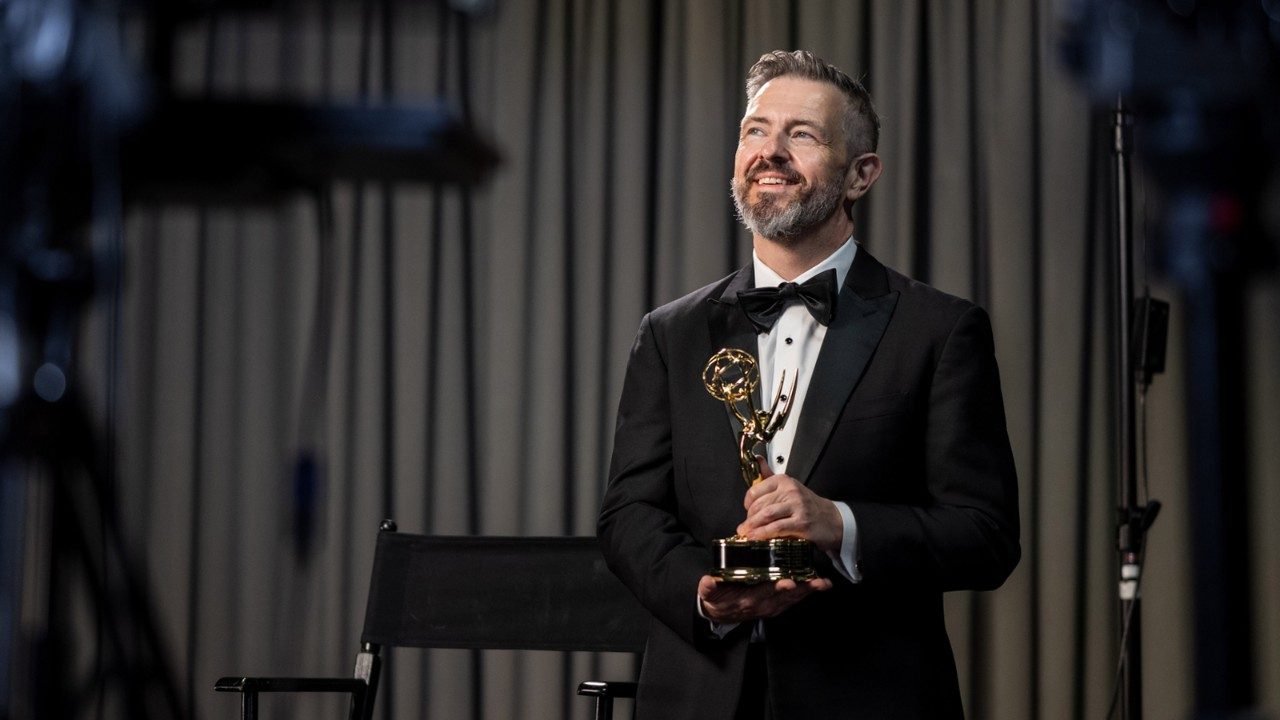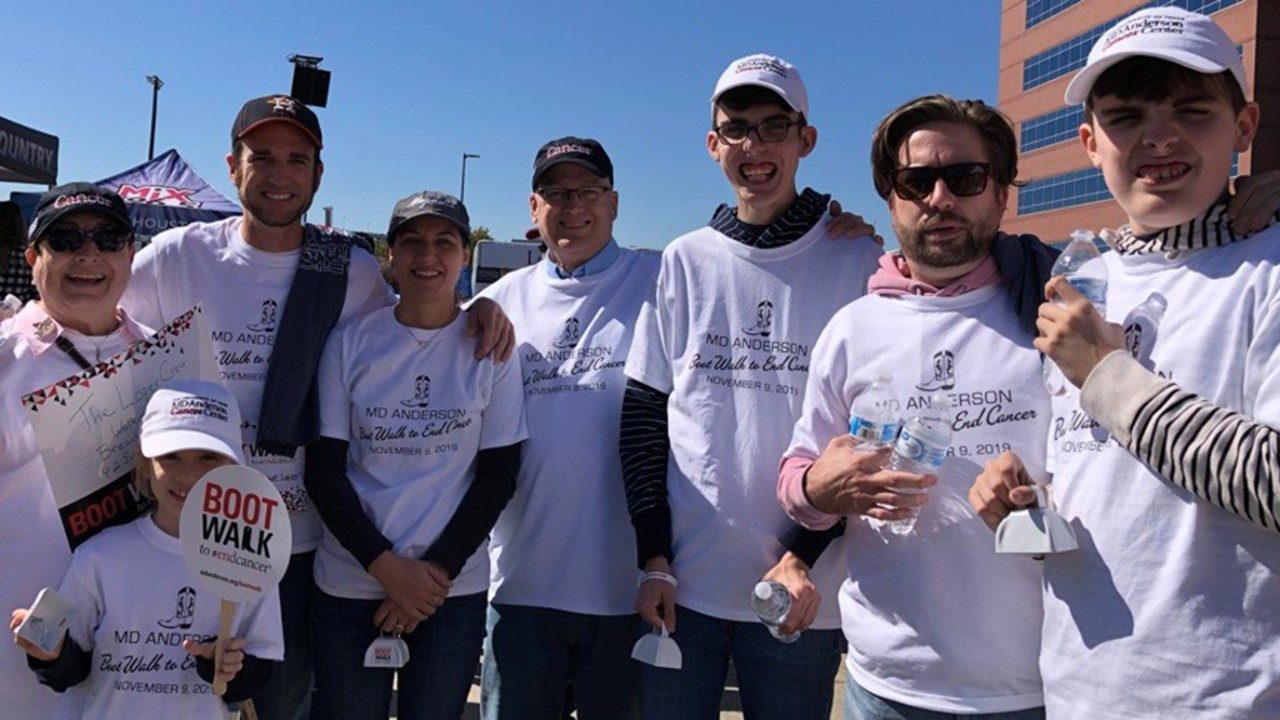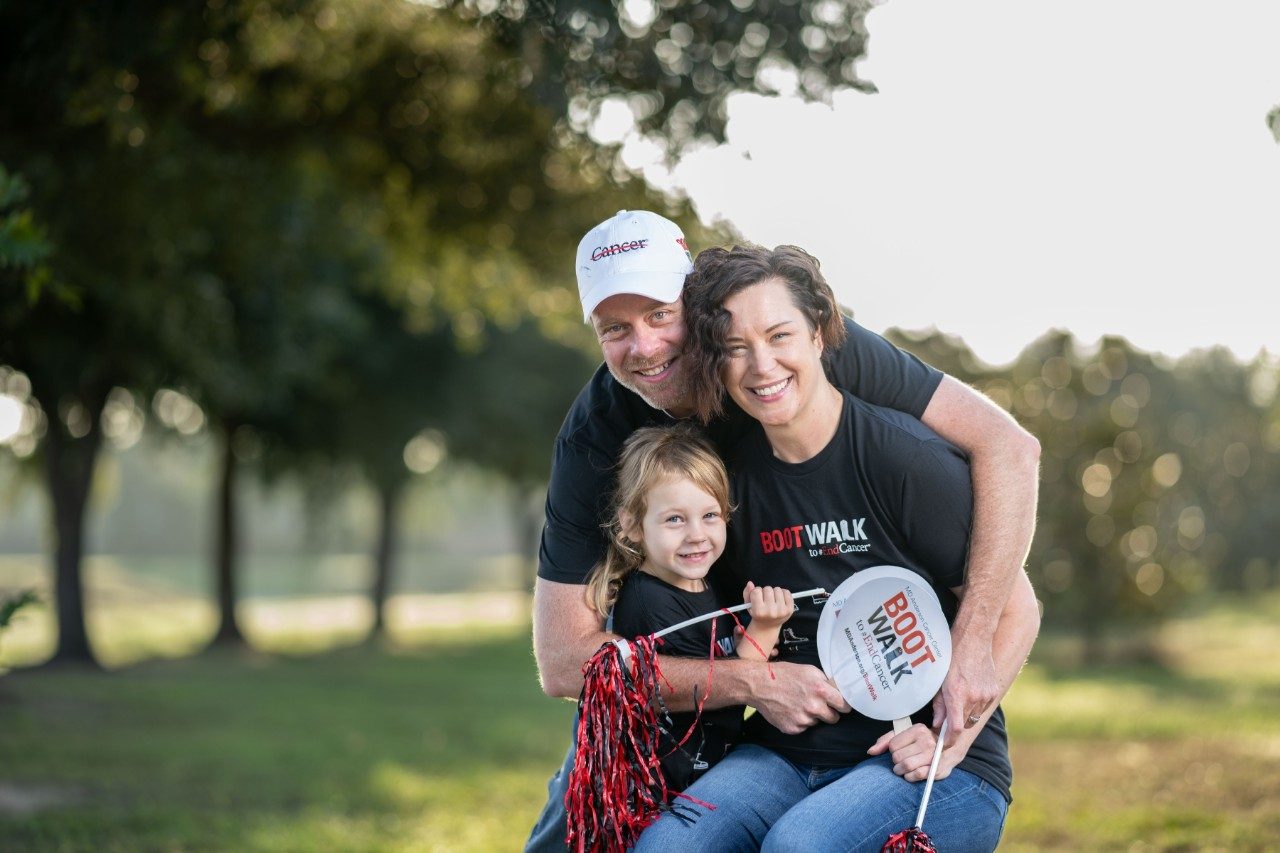Prostate cancer survivor thankful for second opinion at MD Anderson
Bill Kish’s prostate cancer diagnosis came after his doctor felt something unusual during his annual physical. Blood work showed his PSA level was at 5.3. He was 69, so this was higher than the normal range for a man his age.
A local urologist in San Antonio performed a CT scan and prostate biopsy to confirm that Bill had cancer. But he and his wife, Jacki, weren’t comfortable with the doctor’s diagnosis.
What is a vulvectomy? Purpose, procedure and recovery
Prostate cancer survivor thankful for second opinion at MD Anderson
Manual lymph drainage: What to know about exercises for lymphedema relief
Neoplasms 101: What they are and how they’re treated
10 cancer symptoms women shouldn't ignore
What is a Living Will?
|
Diagnosis & Treatment
|
|---|
|
Healthy Living
|
|
Diagnosis & Treatment
|
|
Research
|
|
Diagnosis & Treatment
|
Find stories by topic
Find out everything you need to know to navigate a cancer diagnosis and treatment from MD Anderson’s experts.
What is a vulvectomy? Purpose, procedure and recovery
June 12, 2025
Neoplasms 101: What they are and how they’re treated
June 10, 2025
10 cancer symptoms women shouldn't ignore
June 09, 2025
What is a Living Will?
June 06, 2025
Acupuncture during cancer treatment: What to know
June 05, 2025
What causes chemobrain? New insights
June 03, 2025
When should you worry about your menstrual cycle?
June 02, 2025
Read inspiring stories from patients and caregivers – and get their advice to help you or a loved one through cancer.
Mom's legacy lives on through fundraising for MD Anderson
April 28, 2025
Get MD Anderson experts’ advice to help you stay healthy and reduce your risk of diseases like cancer.
What SPF should I use?
May 23, 2025
Is raw milk safe?
May 16, 2025
How much caffeine is too much?
May 09, 2025
Learn how MD Anderson researchers are advancing our understanding and treatment of cancer – and get to know the scientists behind this research.
What causes chemobrain? New insights
June 03, 2025
Nutrivention: Food as medicine
May 28, 2025
5 emerging therapies presented at ASCO 2025
May 28, 2025
Top 5 MD Anderson abstracts at AACR 2025
April 25, 2025
Cell therapy: The evolution of the ‘living drug’
April 22, 2025
How non-scientists are helping cancer researchers
February 21, 2025
4 questions with immunology researcher Susan Bullman
February 04, 2025
4 questions for mathematical oncologist Heiko Enderling, Ph.D.
January 28, 2025
Read insights on the latest news and trending topics from MD Anderson experts, and see what drives us to end cancer.
What is a Living Will?
June 06, 2025
Surgeon-scientist: ‘MD Anderson is unique’
May 15, 2025
Find out what inspires our donors to give to MD Anderson, and learn how their generous support advances our mission to end cancer.
Mom's legacy lives on through fundraising for MD Anderson
April 28, 2025
Three cancer survivors raise funds to support Colorado patients
October 03, 2024
Inflammatory breast cancer survivor finds hope at MD Anderson
October 24, 2023













































